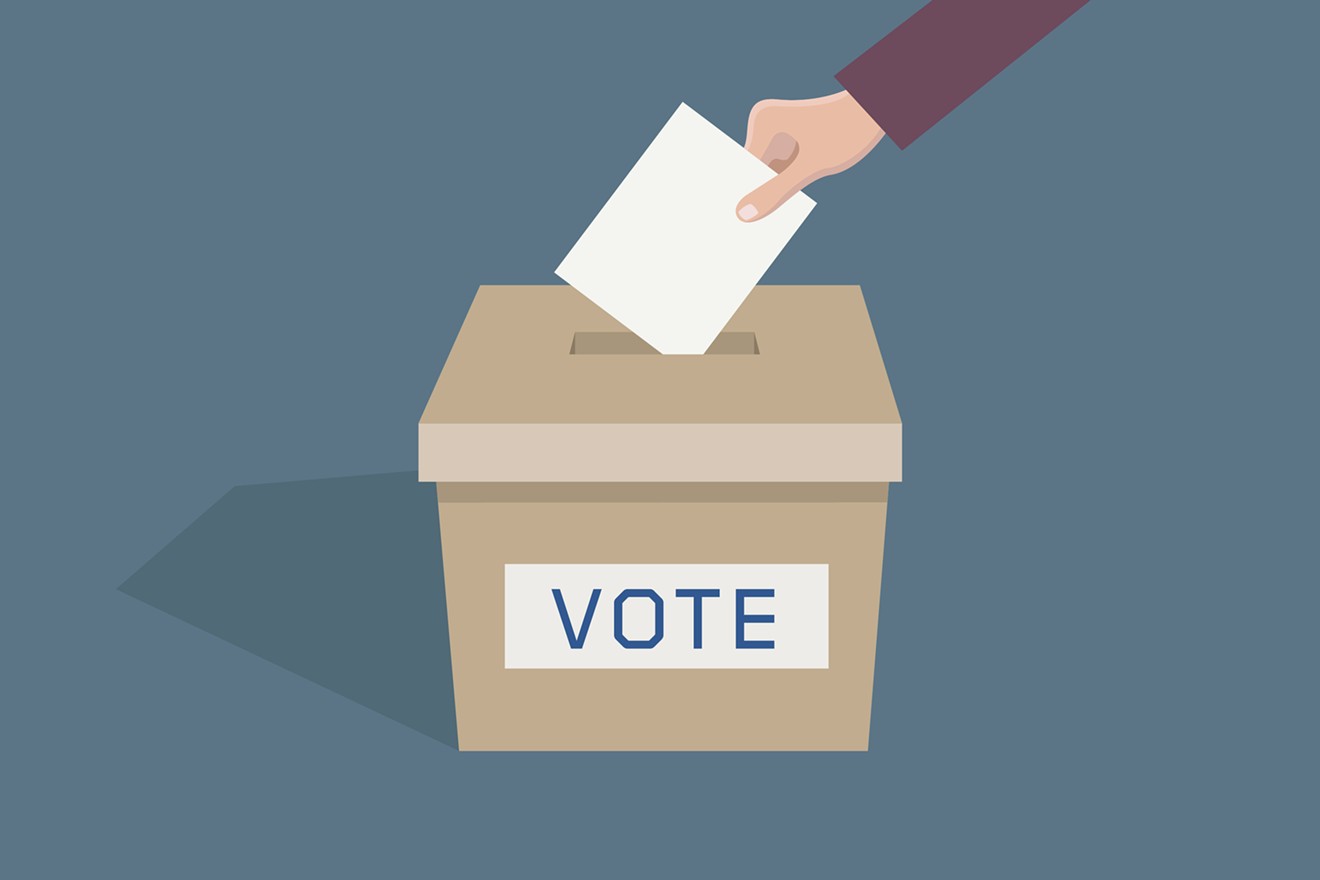It's a fight that's played out in Texas for decades. This time around, it's framed by an unprecedented crisis. On July 14 in the state's primary runoffs and then again in November, Texans are going to vote. Barring a miracle, they'll do it in the middle of pandemic. How they'll do it is still very much up in the air.
Twenty-nine U.S. states and the District of Columbia may face a few headaches as they try to conduct elections this year, but they are far better off than Texas. They have no-excuse absentee voting. If you want to vote by mail, you can, no questions asked.
Texas, on the other hand, has some of the strictest mail-voting requirements in the country. To get an at-home ballot, registered voters must affirm that they are over the age of 65, have a medical condition that makes voting in person dangerous or impossible or will be out of their home county throughout early voting and on election day.
Given the challenges and fear that Texans are facing from the novel coronavirus, progressive and voting rights groups are pushing for universal mail-in ballot access during the pandemic. They've filed multiple lawsuits against the state seeking to change the rules, but have been unable to sway Texas Republican leadership despite the fact that, according to a new survey from Public Policy Polling, 63% of Texans are concerned about voting in person during a coronavirus outbreak.
“Make no mistake about it: Texans under the age of 65 deserve the opportunity to vote by mail and the information they need to do so. They deserve clear and concise guidance as to whether they are eligible to vote and how to request a mail-in-ballot if so. The Texas Democratic Party will never stop fighting to protect their right to vote," Texas Democratic Party Chair Gilberto Hinojosa said last week. "Our state is better off when more Texans participate in our democracy. Voting by mail is safe and secure. It allows more voters to participate in our democracy, and it’s a commonsense way to run an election, especially during a public health crisis.”
Despite a state district judge's initial ruling that the plaintiff's seeking expanded mail-in ballot access would likely prevail, Texas Attorney General Ken Paxton has repeatedly threatened county clerks across the state to prevent them telling voters previously ineligible for mail-in ballots to ask for one.
"Based on the plain language of the relevant statutory text, fear of contracting COVID-19 unaccompanied by a qualifying sickness or physical condition does not constitute a disability under the Texas Election Code for purposes of receiving a ballot by mail," Paxton said in a letter to Texas' county judges and election officials Friday. "Accordingly, public officials shall not advise voters who lack a qualifying sickness or physical condition to vote by mail in response to COVID-19."
Rice University political scientist Mark Jones says Texas voters should still be able to get their hands on mail-in ballot, provided they know how to fill out the form.
"You just have to know ... that if you check 'disabled,' you will be sent a mail ballot. There's not going to be any questions asked," Jones says. "The difficulty is, you have to be able to read between the lines to know that's actually the case."
Jones thinks that Texas' election law, contrary to Paxton's interpretation, allows voters to request a mail-in ballot if they fear going to the polls will expose them to coronavirus.
"The election law does say that, if you believe that the act of voting would put your health at risk — that's the key part — then you don't need to (vote in person)," he says."My suspicion is that, by the time we get to the fall, we're going to have it be where, effectively, anyone who wants a mail-in ballot can request one." — Mark Jones
tweet this
The most likely outcome, according to Jones, is that Republicans will bend but not break on expanded mail-in ballots. They aren't going to send a ballot to every registered voter or cave early because of the precedent it will set, but will likely acknowledge that Texans are living through unprecedented circumstances.
"My suspicion is that, by the time we get to the fall, we're going to have it be where, effectively, anyone who wants a mail-in ballot can request one," Jones said. "What (Republicans) don't want to do is set the precedent that 'We're bending' and then there isn't any COVID-19 (in November)."












